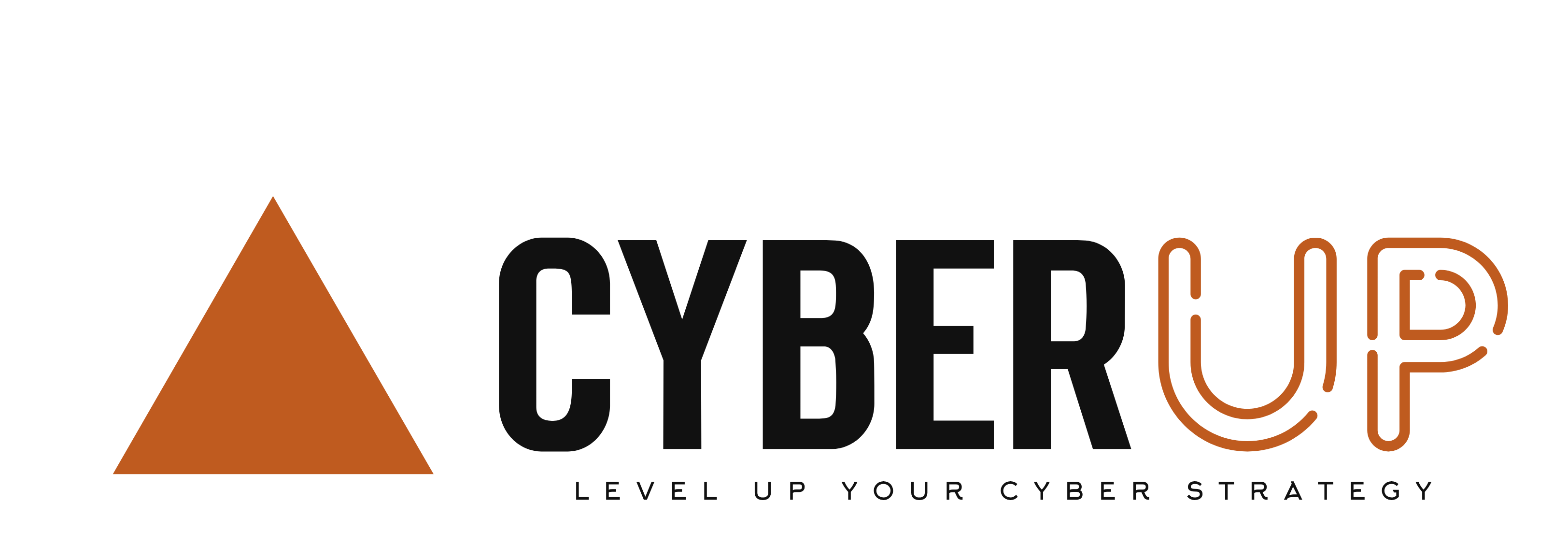Imagine this: An employee receives an email claiming to be from their bank, urgently requesting account verification due to suspicious activity. Panicked, they click a link leading to a fake login page, unknowingly handing over their credentials to cybercriminals. This is the power of social engineering, a cunning tactic increasingly targeting small businesses with devastating consequences.
Why Are Small Businesses Vulnerable?
Small businesses often lack the dedicated cybersecurity resources and awareness larger organizations might have. This makes them prime targets for social engineering attacks, which exploit human emotions and trust to gain access to sensitive information or systems.
Common Social Engineering Techniques
- Phishing emails: Emails disguised as legitimate sources (banks, suppliers, etc.) containing malicious links or attachments.
- Vishing (voice phishing): Phone calls mimicking trusted entities, pressuring victims to share personal information.
- Smishing (SMS phishing): Text messages with urgent appeals or tempting offers leading to malicious links or requests for data.
- Pretexting: Fabricating scenarios to gain trust and access, like posing as IT support needing remote access.
- Tailgating: Gaining physical access by following authorized personnel into secure areas.
The Impact on Your Business
The consequences of a successful social engineering attack can be severe:
- Data breaches: Loss of customer or financial information, leading to fines and reputational damage.
- Financial losses: Theft of funds through fraudulent transactions or ransomware attacks.
- Disruption of operations: System outages and data recovery efforts impacting productivity.
- Damaged reputation: Loss of customer trust and brand image.
Protecting Your Small Business
- Employee awareness training: Educate employees on common social engineering tactics and red flags.
- Strong password policies: Enforce complex, unique passwords and multi-factor authentication.
- Secure email filtering: Employ solutions that detect and block phishing attempts.
- Restricted access controls: Limit access to sensitive information and systems.
- Regular data backups: Ensure data can be recovered quickly in case of an attack.
- Incident response plan: Develop a clear plan for identifying, containing, and recovering from attacks.
- Regular security audits: Identify and address vulnerabilities in your systems and processes.
Partner with CyberUp
CyberUp offers comprehensive cybersecurity solutions specifically designed for small businesses. We provide employee training, vulnerability assessments, security software, and incident response guidance, empowering you to proactively defend against social engineering and other cyber threats.














